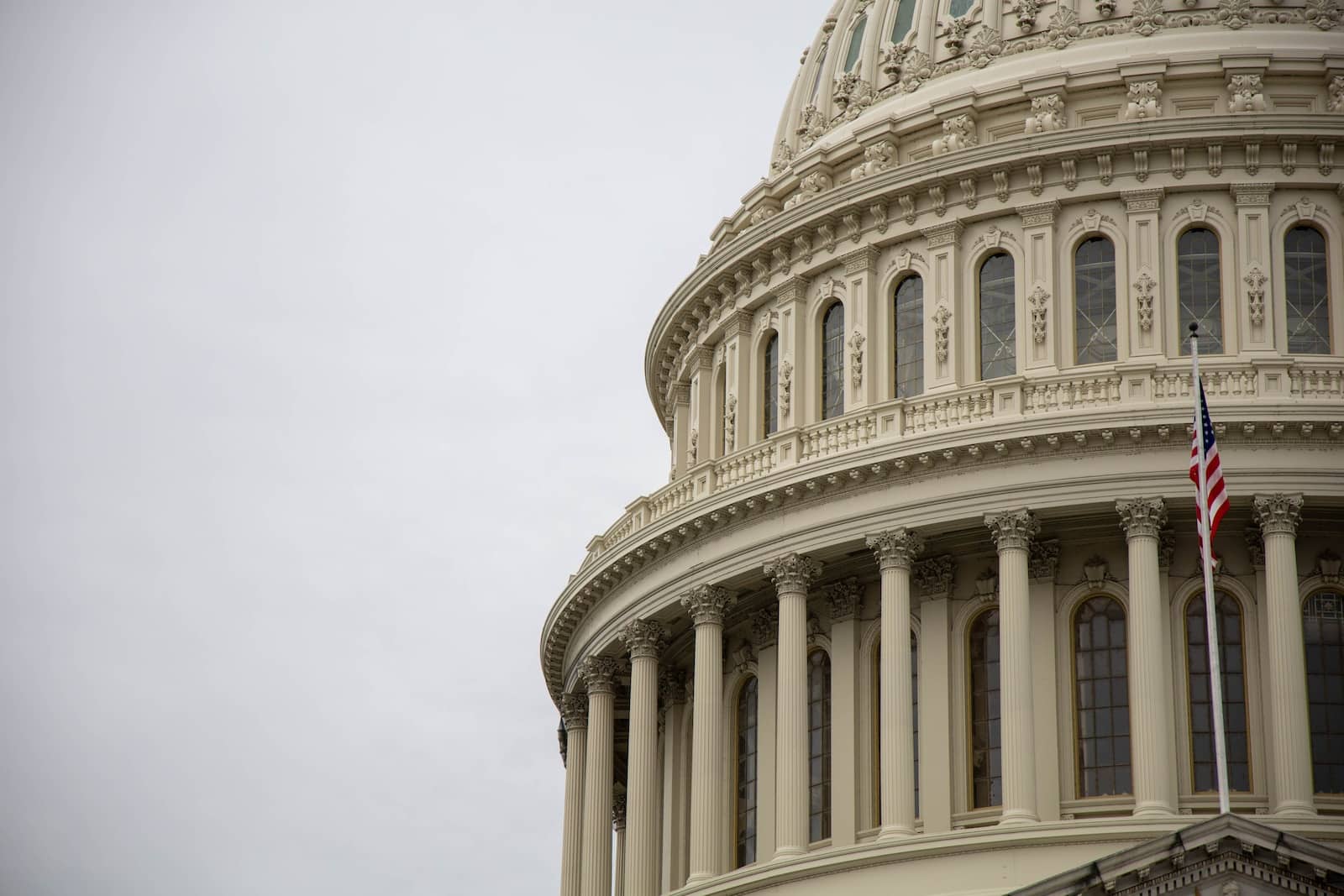Some 1 in 10 people still experience persistent ill health 12 weeks after having COVID-19, termed “long COVID” or post-COVID conditions. A new policy brief from the European Observatory on Health Systems and Policies documents responses to post-COVID conditions in different countries of the WHO European Region and looks at how sufferers, including medical professionals, are driving some of those responses.
Written for decision-makers, this brief summarizes what is known about the conditions, who and how many people suffer from them, diagnosis and treatment, and how countries are addressing the issue.
Commenting on long COVID, WHO Regional Director for Europe Dr Hans Henri P. Kluge said, “COVID-19 has caused a great deal of suffering among people across the Region, with reports of long COVID an extra cause for concern. It’s important that patients reporting with symptoms of long COVID are included as part of the COVID-19 response to mitigate some of the longer-term health impacts of the pandemic. This policy brief makes clear the need for policy-makers to take the lead on this issue.”
Accessing care
People suffering with post-COVID conditions have reported feeling stigmatized as well as unable to access and navigate services. They have struggled to have their cases taken seriously and get a diagnosis, received disjointed and siloed care, and found specialist care to be mostly inaccessible and variable across countries. There are also real problems with access to sickness and disability benefits.
Patient associations and people experiencing long COVID are calling for recognition of the wide range of impacts – whether medical, psychological or social – and for greater awareness of the condition among all health professionals. The growing presence of online patient communities, including health workers, is highlighting their important role in generating and exchanging knowledge, providing support to one another, and advocating for appropriate care.
Recognition of post-COVID conditions
Long COVID is not yet fully understood, but a considerable number of people are reporting ongoing symptoms at 12 weeks.
Known manifestations of post-COVID conditions include a range of troubling physical symptoms, such as severe fatigue and increased risk of damage to the heart, lungs and brain. Available data indicate that about a quarter of those with COVID-19 suffer from symptoms 4–5 weeks after testing positive, and about 1 in 10 experience symptoms after 12 weeks.
All of this can seriously impact people’s ability to work and enjoy a good quality of life. While research on post-COVID conditions continues apace, much has already been learned that can inform current health policy responses.
Policy implications
The new policy brief highlights areas where policy-makers can take action to meet the challenge of post-COVID conditions based on what is currently known, including by:
- taking multidisciplinary, multispecialty approaches to assessment and management;
- developing new care pathways and contextually appropriate guidelines with patients and their families, so that primary care in particular can tailor case management to the manifestations of disease;
- creating appropriate services, including rehabilitation and online support tools;
- tackling the wider consequences of post-COVID conditions, including by addressing employment rights, sick pay policies, and access to disability benefits;
- involving patients to foster self-care and self-help, and to shape awareness of post-COVID conditions and their implications for services and research; and
- implementing patient registers and other surveillance systems and following up with patients to support the research that is so critical to understanding and treating post-COVID conditions.
Looking ahead
The policy brief stresses the need for coordinated, multidisciplinary, national and international studies to understand the clinical impact of post-COVID conditions. Moreover, it recognizes that this research should be co-created with patients and care providers.
Reaffirming this, the lead author of the policy brief Dr Selina Rajan said, “Long COVID has demonstrated the importance of involving patients in research. However, much remains to be understood about the long-term, multisystem consequences of COVID-19 infections in children and adults, and the interventions required to treat them.”
This is a rapidly changing field where much can be learned from various initiatives being undertaken across Europe. The brief sets out policy options for developing robust and inclusive responses and provides a valuable resource for decision-makers.














